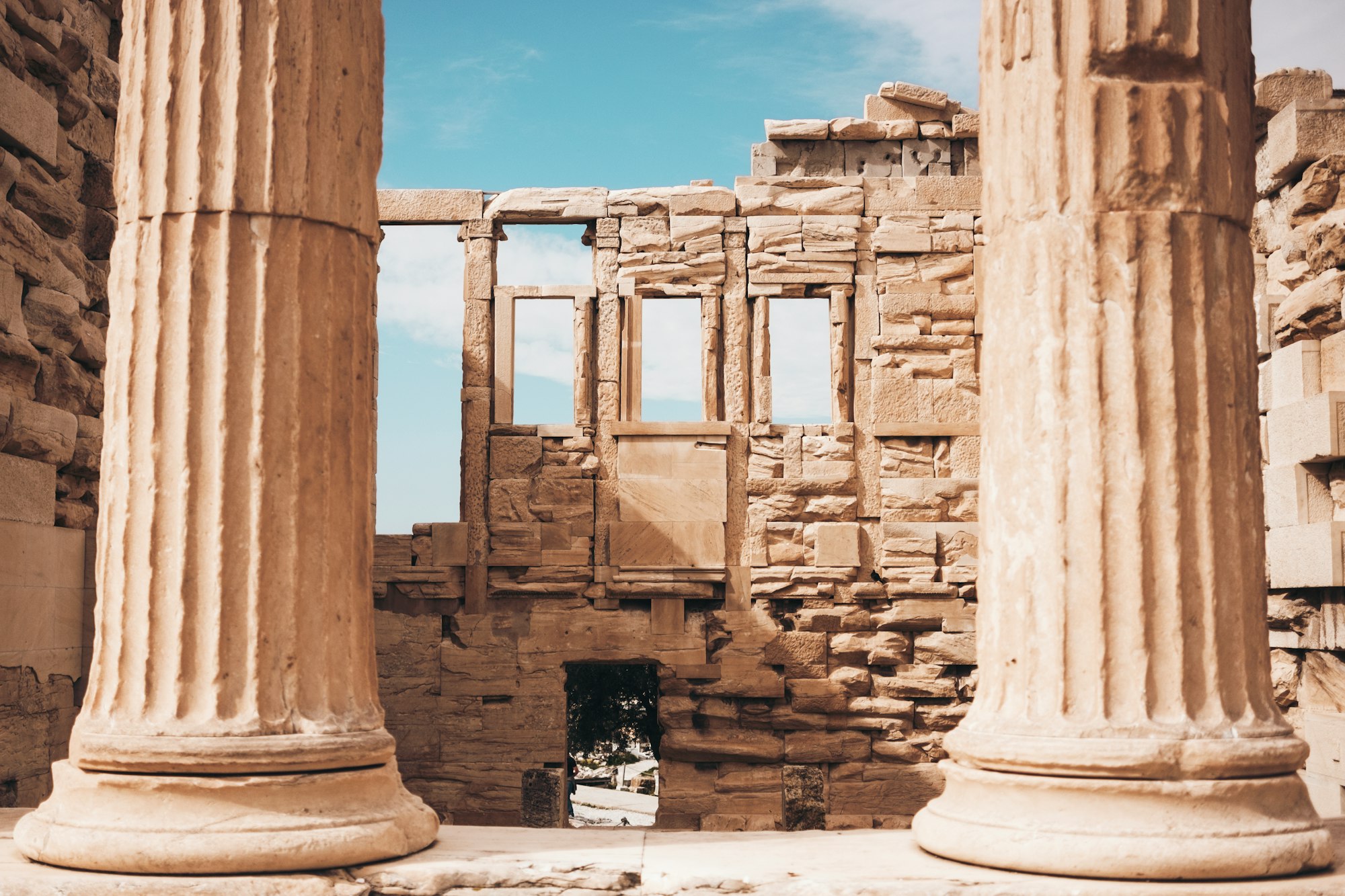Seeking Sophia and Phronesis

Aristotle taught that to achieve a virtuous and contented self that we must consciously choose to do what is right. Doing the right thing, can and often does lead to suffering.
He defined two intellectual virtues: sophia and phronesis. You will often see these words translated as wisdom and self-knowledge which I find lacks the depth of the true meaning. It's like trying to explaining how you feel about your parents or partner by saying I "love" them.
Sophia is knowledge that allows us to discern reality, it's a set of teachable skills and ideas, and sometimes equated with science.
Here's the tricky part because it's about you. Phronesis is a virtue therefore it cannot be taught but instead must be gained through the development of one's own self. It's up to you "to be an intelligent or reasonable person with intelligent and reasonable thoughts."[1] Having phronesis gives you moral strength to practice in your daily life.
To be more concrete, the moral strength of phronesis allows you to make decisions that benefit the group over your interests, to be kind to someone in pain, and to have the wiliness to be vulnerable by admitting you made a mistake. You can authentically share your true-self with the world once you have the ability to look inward to understand your strengths, embrace your fears, and can process shame.
You can be the most knowledgeable person that every lived, but if you are morally bankrupt (without phronesis). What's the point?
The Greeks laid the foundations for us. If you want to learn more, I highly recommend Abdul Saad's video series to get you started.